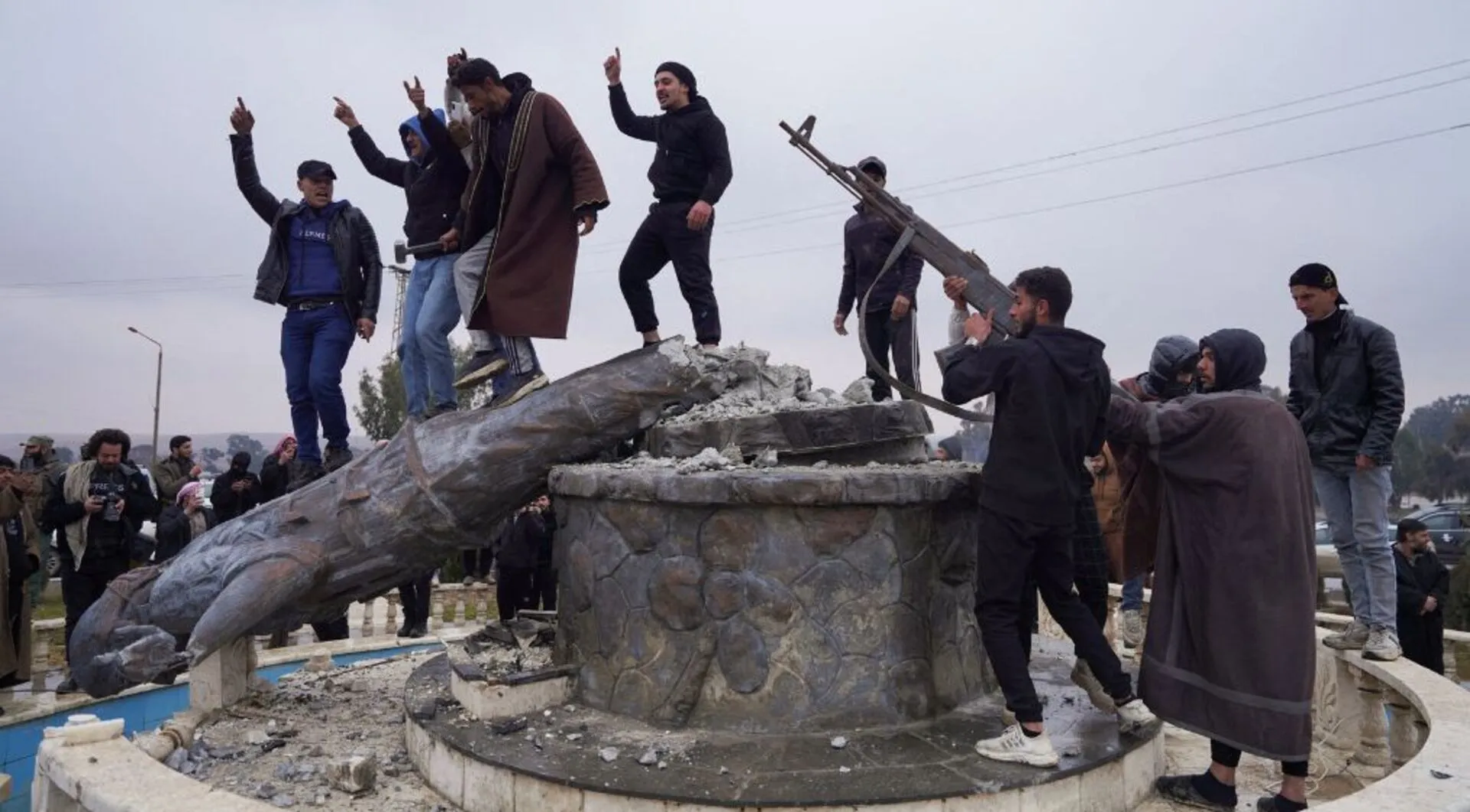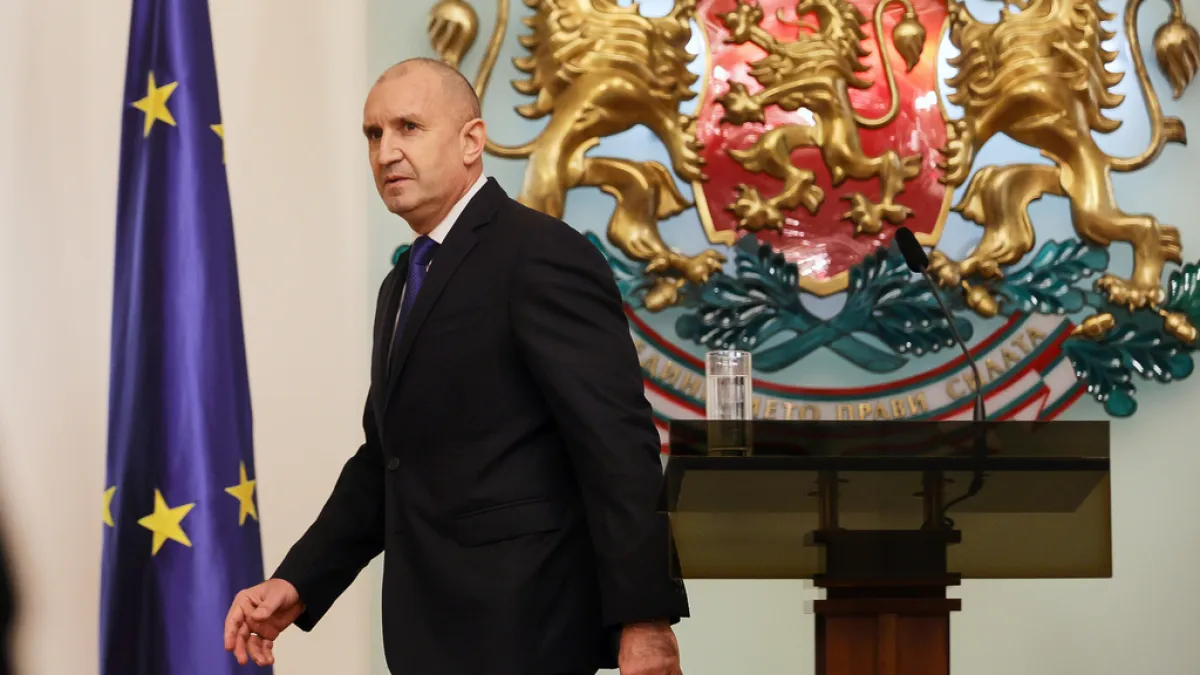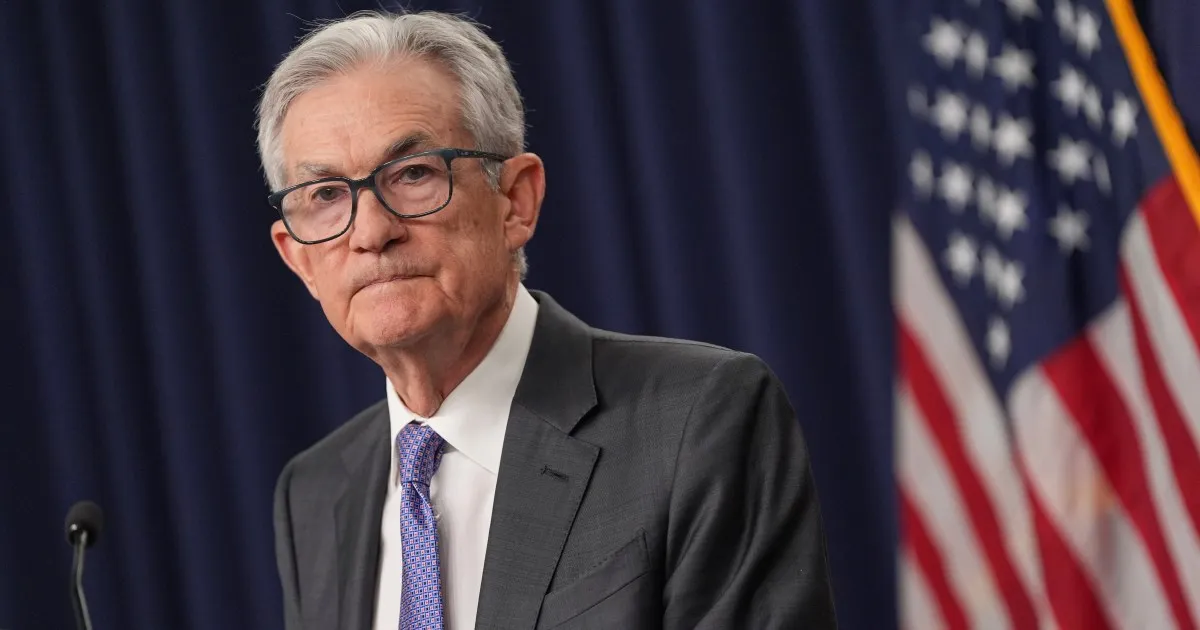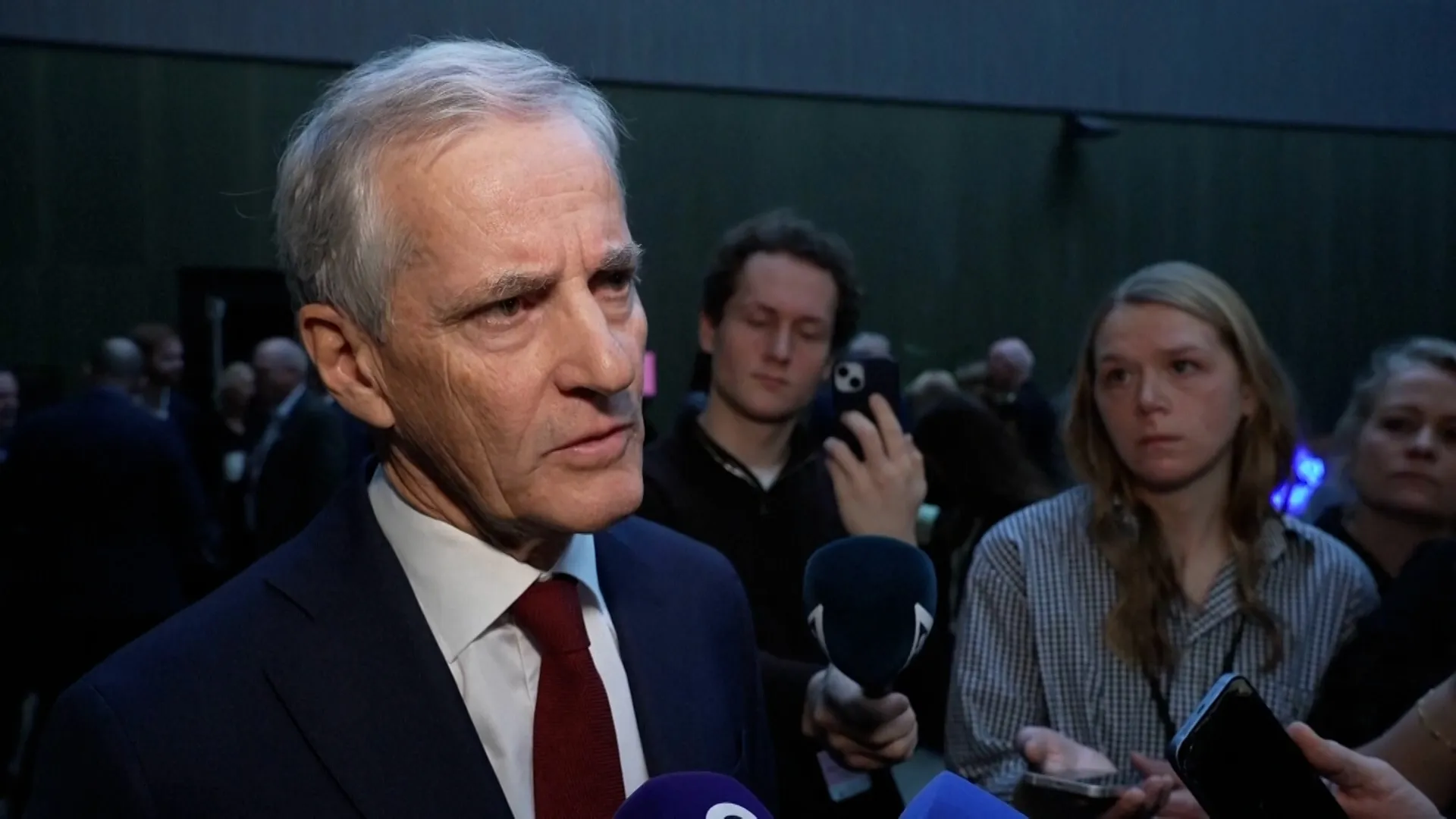The soaps air huge scenes next week across Emmerdale, Coronation Street, EastEnders, Hollyoaks and Home and Away, including secrets, confessions, returns and sad goodbyes
There’s all kinds of drama on the soaps next week, with a death confession, a shock return and a sad goodbye.
Emmerdale airs a dramatic comeback for not-so-dead Graham Foster, leaving residents reeling, while there’s also a secret. On Coronation Street, residents say a sad goodbye to Billy Mayhew – but will Theo Silverton confess?
On EastEnders, there’s a surprise return for one character after years offscreen. Exits are teased too, and Joel Marshall is in court.
Over on Hollyoaks, Dodger Savage is left making an emotional confession. On Home and Away, fans will see a heartwarming moment for two residents.
READ MORE: Emmerdale favourite breaks silence on return after six years and defends fake death plotREAD MORE: Emmerdale fans ‘know’ who Ray’s killer is after flashback – and it’s not Arthur
Emmerdale
Graham makes his big return to the village, six years after his apparent demise. Rhona’s stopped in her tracks when her ex shows up at the vet surgery. Rhona has been trying to contact him but before she can confront him, Joe shows up, causing Graham to hide.
Joe mentions that he thought he saw Graham in the village, and Graham’s rattled to find out Joe is now close with Kim. Soon, both Kim and Joe get the shock of their lives when Graham turns up to Home Farm.
Paddy learns the police are keen to speak to Celia about Ray’s murder, and soon tells Dylan the news. Victoria’s still struggling in the aftermath of killing John, as Robert tries to make her see she did the right thing.
Will she be able to move forward knowing she’s a killer? Laurel feels she’s turned a corner in her relationship with Arthur, unaware that he’s hiding something. As Arthur hides Ray’s cash, only for April to grow suspicious. Arthur soon feels guilty about spending the cash, knowing what Ray put April and others through.
Coronation Street
Sam is suspicious when Leanne shows Megan a boy’s tracksuit top she found in the flat and Megan claims it is Daniel’s. When Sam asks Will if something is going on between Megan and Lee, Will flees and soon, he warns Megan that Sam is onto them, and so she takes action.
Summer’s stolen rucksack is returned to her, and she’s amazed to see it contains Paul’s missing ashes. She soon spirals, and Roy finds her drunk.
Abi warns Jodie away from Carl, and Maggie lets slip how Leanne offered to buy her out of the Rovers using the money from her share of Speed Daal, and Alya’s seething. Theo struggles with his guilt over Billy’s death as his funeral arrives.
Theo approaches Billy’s coffin and tells him how sorry he is for leaving him to die, but is someone listening in? Debbie has a gesture for Todd, Bernie has a plan and Roy confides in Mary about Alice.
Roy’s soon stunned when a man named Mal arrives claiming to be Alice’s husband. Ryan faces danger when two masked robbers approach him at the hotel, armed with a claw hammer. Carl arrives, but can he help Ryan?
EastEnders
Mark Jr is back in Walford, and he soon leaves Vicki, Phil and Sam demanding answers. Lying about his reasons for being back, he wastes no time in telling Phil the truth.
Jasmine is still eager to leave the Square, and Max discovers she’s been lying about her statement to the police. As Vicki opens up to Zack about Joel’s looming trial, she’s grateful for his support.
Her head a mess, she heads to court the next day with Ross and Mark, as well as Zack. Joel tries to put on a front as Tommy gives evidence, while Vicki is soon rushing out of court. As court resumes, emotions run high for Vicki and Avani.
When Joel requests a visitor, it doesn’t go well and things take an interesting turn. Ravi vows to support Avani, but he’s soon left guilty when he fails to show up for his daughter.
When Kat finds out about Jasmine’s plot to flee from Oscar, she’s saddened as Patrick accuses her of putting too much pressure on her to help free Zoe from prison.
George prepares to tell Elaine about Nicola’s pregnancy amid her hopes of a reunion, only fuelled by Bea suggesting he may want her back. Elaine is soon put straight, leading to her lashing out at Ian.
When Elaine realises Ian has retaliated she plots revenge, but things get out of hand. The Beales are not in a forgiving mood, as Ian vows to close Peacock Palace. Ravi and Priya are relieved when Nugget decides to go back to Sixth Form.
Hollyoaks
Sensing Dodger pulling away, Theresa gently questions whether something is wrong, but he continues to hide behind excuses. Mercedes arrives home with Warren once again stepping in to support her. Later, Theresa opens up to Mercedes, revealing how Warren helped her through her darkest moments.
A clash between Dodger and Warren sees him asking Theresa if their relationship is okay. She reassures him and encourages honesty between them.
When Warren questions his changed behaviour since Liverpool, Dodger breaks down and reveals the truth to everyone there, that he was beaten and raped. Warren soon makes a phone call.
Dodger tells Theresa that it’s going to take some time for him to be intimate but she’s willing to wait. Cleo is overwhelmed by Joseph’s cries, while Sienna gives her the cold shoulder after finding out that she knew Dodger had been raped. Dodger and Theresa walk in on Cleo and Sienna arguing.
Events take a worrying turn when Sienna arrives home to Cleo asleep on the couch and finds Joseph having a seizure. As the pair face turmoil, Misbah and Gemma worry that Cleo might have suffered from a postpartum psychosis episode and harmed Joseph.
Also next week, with their hidden history, tensions simmer between Warren and Tinhead. Later, Tinhead is deleting texts demanding money coming from a mysterious sender.
Mercedes makes friends with fellow patient Nikki Shadwick. In the village, Jenson demands his money back from Tinhead or he will tell Warren what he’s done. As Warren turns up, what will happen?
Elsewhere, Mercedes is feeling restless at the rehab clinic and fellow patient Nikki invites her to a yoga session, Mercedes panics when Nikki tells her tomorrow her family are coming in for a group therapy session.
Home and Away
Jo and Eddie enjoy their date, while Remi has a plea for Bree. Bree is left pondering, and soon leaves him heartbroken. David has a request for Jo, leading to her opening up to Lacey.
Leah apologises to Lacey for blaming her for Theo’s death, and the pair bond. David struggles to contain his emotions as he records a raw and powerful piece to camera, capturing the immense toll Wendell’s actions have had on him and his family.
Emmerdale airs weeknights at 8pm on ITV1 and ITVX. Coronation Street airs weeknights at 8:30pm on ITV1 and ITV X.
EastEnders airs Mondays to Thursdays at 7:30pm on BBC One and BBC iPlayer. Hollyoaks is available to stream on Channel 4’s streaming service now, while it also airs Mondays to Wednesdays on E4 at 7PM.
Home and Away is available to stream from 6am weekdays, with double bill episodes airing from 6pm on 5Star. * Follow Mirror Celebs and TV on TikTok , Snapchat , Instagram , Twitter , Facebook , YouTube and Threads .


































